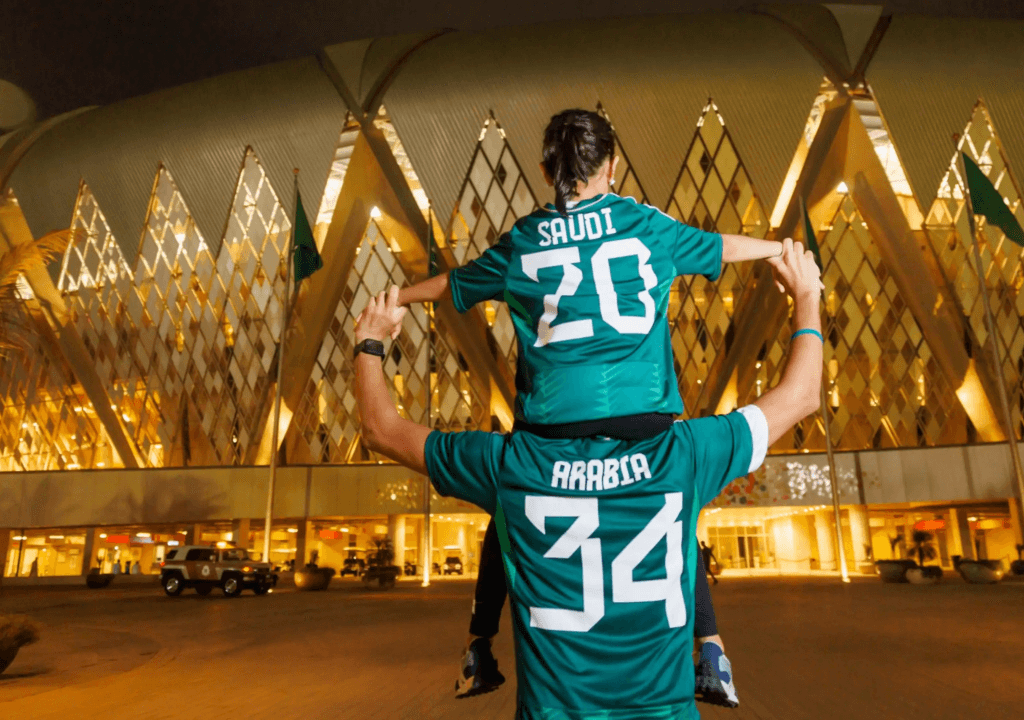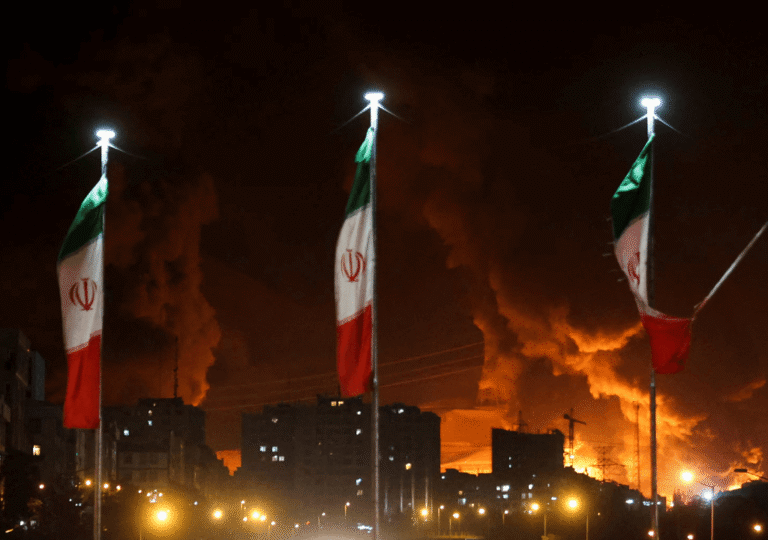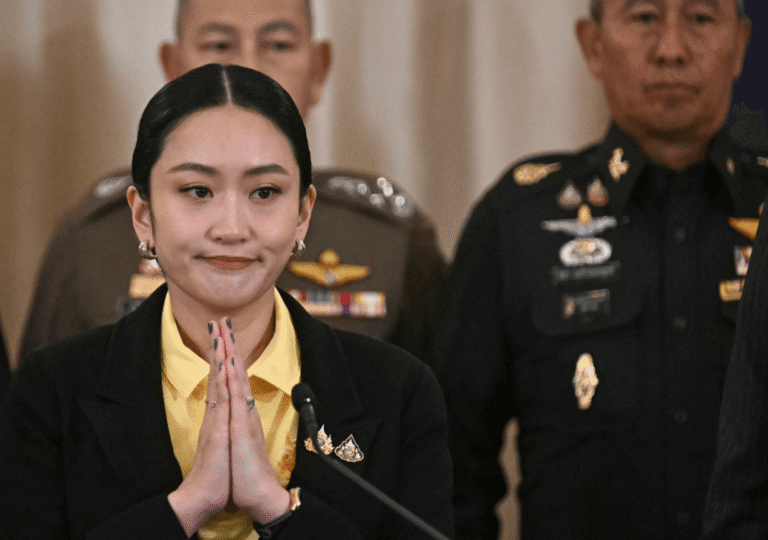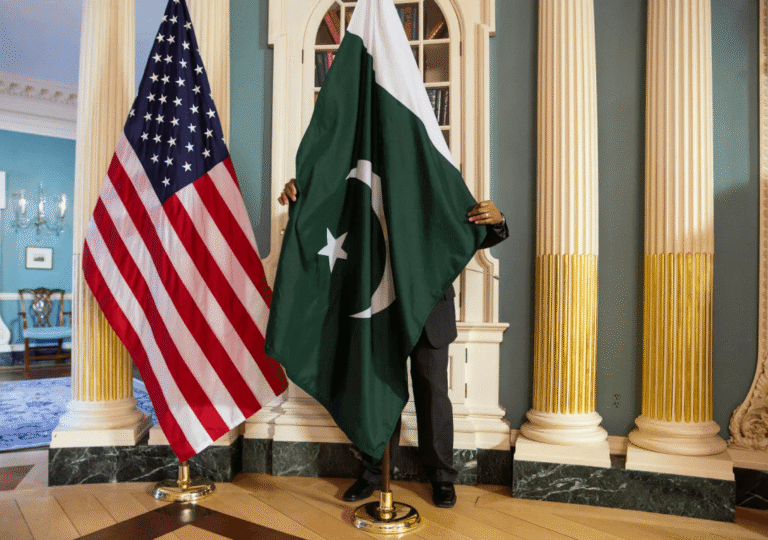The football World Cup wields an unparalleled influence that surpasses other major events, be they in business, politics, or culture. The World Cup is not merely a sporting spectacle; it stands as one of the grandest festivals globally, overshadowing even the significance of major events like the Olympics and World Expo. The recently concluded 2022 World Cup final between Lionel Messi’s Argentina and defending champions France, with a reported global viewership of 1.5 billion, underscores its colossal reach.
However, the reported figure of 1.5 billion viewers is likely an underestimate, given the tournament’s true global impact. Despite Qatar’s limitation to 32 participating teams, the World Cup emerges as a premier tourist attraction. Its ability to capture the collective attention of the world is unmatched.
Hosting the World Cup is not just a privilege; it transforms into a nexus of business, politics, and international prestige. For the brief duration of one or two months, the host nation becomes the epicenter of the entire world. Qatar, recognizing the transformative potential of this privilege, invested a staggering $220 billion in the 2022 World Cup, surpassing the GDP of many nations. The return on this investment, however, extends beyond mere economic gains.
Qatar strategically used the World Cup as a global stage, gaining unprecedented attention and featuring prominently on the world map. In that moment, the world became Qatar, and Qatar became the world. At Least people tried to find this small country in the Global map.
Amid Qatar’s revelry, Saudi Arabia observed keenly, recognizing the World Cup as a unique avenue to attain global attention. Understanding the profound impact this sporting event can have on the international stage, Saudi Arabia discerned an opportunity to achieve their objectives by following in Qatar’s footsteps—by hosting a World Cup of their own. The World Cup’s demonstrated power and allure have turned it into a strategic tool for nations seeking a substantial impact on the global stage.
Saudi Arabia is poised to take on the monumental task of hosting the 2034 World Cup, a tournament featuring 48 teams and over 100 games. The prospect of significant events and substantial business opportunities awaits the Kingdom. Despite the absence of an official announcement and the absence of contenders, Saudi Arabia stands unchallenged as the sole capable host for this colossal event. Notably, even Qatar, with its eight stadiums, is deemed insufficient to accommodate this 48-team tournament, reinforcing Saudi Arabia’s unique suitability for the task at hand.
Unlike the cooperative format of the forthcoming World Cups in 2026 and 2030, which will be held in several nations, the 2034 edition will be held exclusively under Saudi Arabia’s exclusive control. The United States, Canada, and Mexico will all co-host the tournament in 2026, with the USA’s economic strength being matched by Mexico’s football tradition and Canada’s stadium infrastructure. In a similar vein, the 2030 edition takes place across six nations, ranging from Spain to Argentina, demonstrating the logistical difficulties involved in accommodating 48 participating nations and organizing over 100 games.
While the World Cup may not rival the Olympics in scale, the sheer magnitude of fan engagement surpasses that of the Olympic Games. The organizational efforts required are immense, demanding substantial commitments from participating countries. In this context, Saudi Arabia emerges as the sole bidder for the 2034 World Cup, establishing a compelling case through the creation of a football heritage featuring prominent leagues and big names. Their infrastructure is primed to handle the extensive demands of hosting over 100 games, and their financial prowess positions them to counter any opposition that may arise, aligning with the Kingdom’s aspirations for the global football spectacle.
Saudi Arabia formally announced its bid to host the 2034 World Cup of soccer on Friday. Since no other expressions of interest were received by FIFA before the deadline late last year, the campaign’s success seems almost guaranteed. In recent years, the Kingdom has made large investments in well-known sports like golf, Formula One, soccer, and boxing, which has led to charges that it is “Sportswashing” its human rights record.
The perplexing question arises: why is Saudi Arabia allocating substantial resources to sports? This is particularly noteworthy for a country governed by Sharia law, historically seen as tribal and resistant to human rights considerations until the last few decades. However, Saudi Arabia, amid significant face shifts, is now seeking a foothold in the hospitality, technology, and real estate industries. The investment in sports business is viewed as a strategic move to present a changed image to the world, particularly in light of their endeavors in the global sporting arena.
Hosting the football World Cup emerges as the pinnacle of this strategy, providing Saudi Arabia with a unique platform to showcase its transformed face to the world. In the span of two months, the Kingdom aims to position itself as a global host, highlighting not only its sporting prowess but also its advancements in hospitality, technology, and real estate—an astute and calculated move in the evolving narrative of Saudi Arabia on the world stage.
The Qatar World Cup proved to be a strategic loss for Saudi Arabia. At that time, Saudi relations with Qatar were strained, but Qatar leveraged its increased missionary operations and showcased their importance for the U.S. mission within the region. By positioning themselves as mediators in various contentious issues, they subtly sidestepped Saudi Arabia, traditionally considered the global leader of Islam. Qatar’s influence extended through Al Jazeera media and strategic investments in Europe, giving them a certain eminence in the Muslim world.
When Qatar hosted the World Cup, it elevated them to the global stage. Despite Saudi Arabia hosting major events and the UAE organizing the World Expo, nothing rivaled the impact of the FIFA World Cup. Qatar emerged as the shining star of the Muslim world who are the first world cup hosts from the Muslim world. Meanwhile, Saudi Arabia, aspiring to reclaim its historical position as the leader of the Islamic world, finds itself in good terms with all major global powers. The nation has made substantial advancements in infrastructure and business, yet the missing piece of the puzzle remains its “image”.
This is precisely why Saudi Arabia, with its considerable financial resources, is prepared to invest heavily in the upcoming World Cup. The billions flowing into the event are anticipated to boost their image and also provide a competitive edge over counterparts like Qatar and the UAE in the highly competitive hospitality business. Saudi Arabia has secured a golden opportunity, a chance bought with the currency of ambition. As the wise often proclaim, the path to nobility is paved with the currency of Kings.








